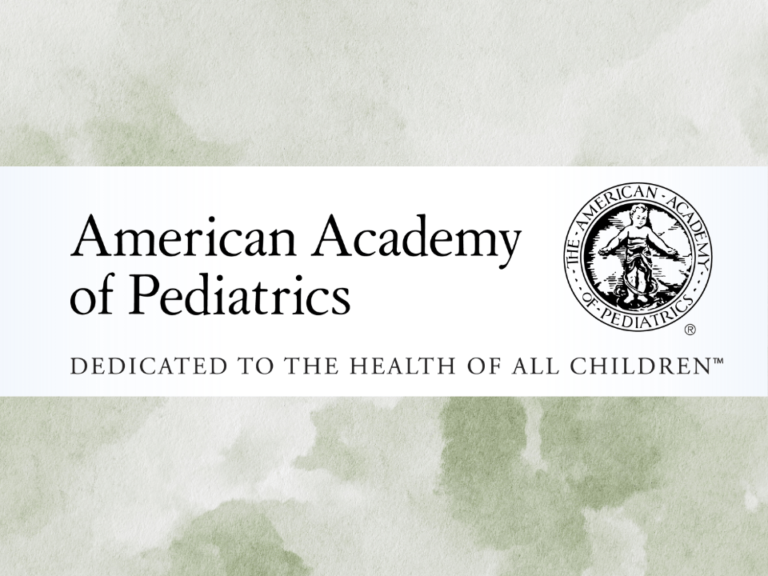The National Academy of Medicine recognized the value of correlative science in publicly funded clinical trials in 2010, recommending “the incorporation of innovative science into cancer clinical trials through the support and use of biorepositories.”
To access this subscriber-only content please log in or subscribe.
If your institution has a site license, log in with IP-login or register for a sponsored account.*
*Not all site licenses are enrolled in sponsored accounts.
Login Subscribe
If your institution has a site license, log in with IP-login or register for a sponsored account.*
*Not all site licenses are enrolled in sponsored accounts.
Login Subscribe












